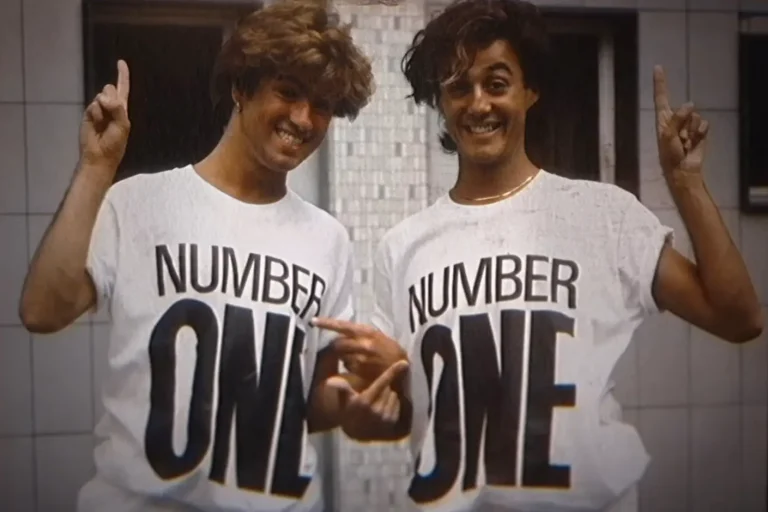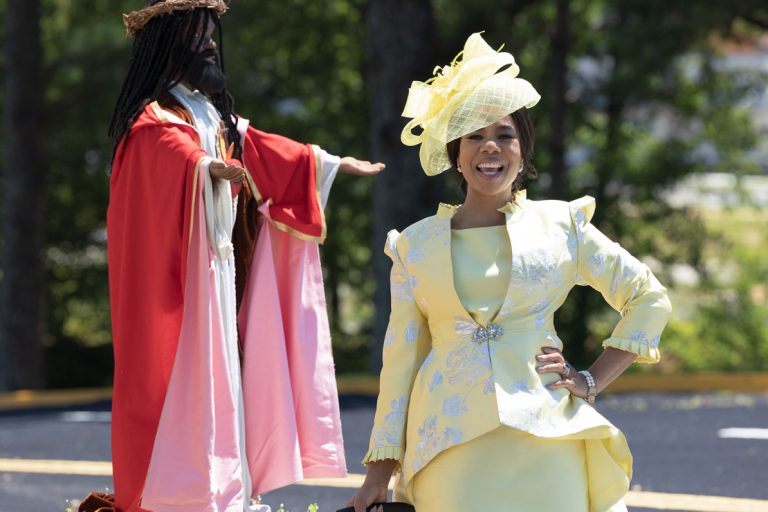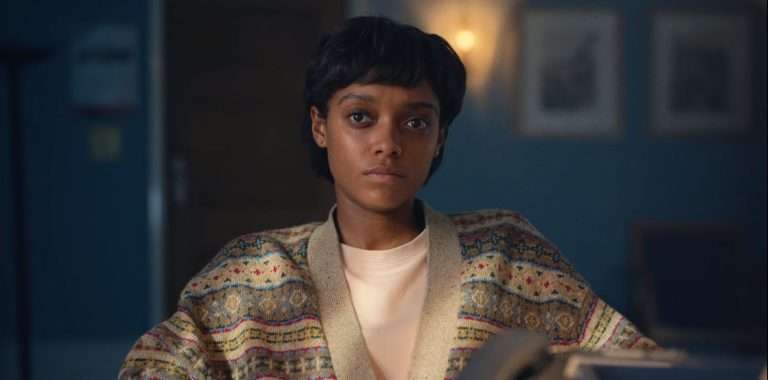Every film the Coen brothers ever made, from “Blood Simple” to “The Ballad of Buster Scruggs,” was a joint effort, but you wouldn’t know as much simply by looking at the credits up until (and including) “Intolerable Cruelty” in 2003, all of their films found elder brother Joel taking sole credit behind the director’s chair—the result of DGA rules prohibiting shared directing credits for “unestablished” duos, and allegedly settled, in true Coen fashion, by a coin flip.
It wasn’t until 2021’s “The Tragedy of Macbeth” that the words “Directed by Joel Coen” rang with complete truth, as the Shakespeare adaptation marked the worrying split of the now-established team of idiosyncratic visionaries. Now, three years later, with “Drive-Away Dolls,” baby brother Ethan finally gets the chance to take his first stand-alone credit as director (if we discount that one Jerry Lee Lewis documentary that seems to have disappeared from the face of the earth mere moments after it premiered in 2022).
Jamie (Margaret Qualley) and Marian (Geraldine Viswanathan) are a pair of aimless friends living in turn-of-the-century Philadelphia. Both disillusioned at the prospect of finding meaningful same-sex love in their current climate, they decide to embark on a road trip down to Tallahassee as a means of innocent mind-clearing in their own unique ways. Marian wants to visit her aunt, while Jamie hopes to sniff out some casual sexual prospects for the two of them.
To make their trip, the ladies decide to use a driveaway service, transporting a car one-way for a willing client. But because this is a Coen movie, a misunderstanding leads them to happen upon a car containing a briefcase with something special—something implicitly illicit and highly valuable—leaving its intended criminal couriers (led by the always-poised Colman Domingo) scrambling to play catch-up before these oblivious women get wise to whose car they’re actually driving.
In the 2022 screenwriters’ roundtable for The Hollywood Reporter, Rian Johnson professed, rather adamantly, that the perfect runtime for a movie does, in fact, exist, and it’s precisely 85 minutes. You can’t quite tell if Ethan Coen is in full agreement; for a while, “Drive-Away Dolls” nearly hit that exact timing mark, but little in the way of the film’s execution points to him or anyone involved thinking this is actually a perfect film.
Replacing his brother as writing partner with his actual life partner, Coen’s script with wife Tricia Cooke revels in how blasé this entire experience is meant to be; the outright folly of some of the Coens’ most iconic comedies presents itself in the film’s tone and pace of dialogue, but “Drive-Away Dolls” finds difficulty in translating that energy into the textured laughs that made those films memorable, particularly in such a brief run.
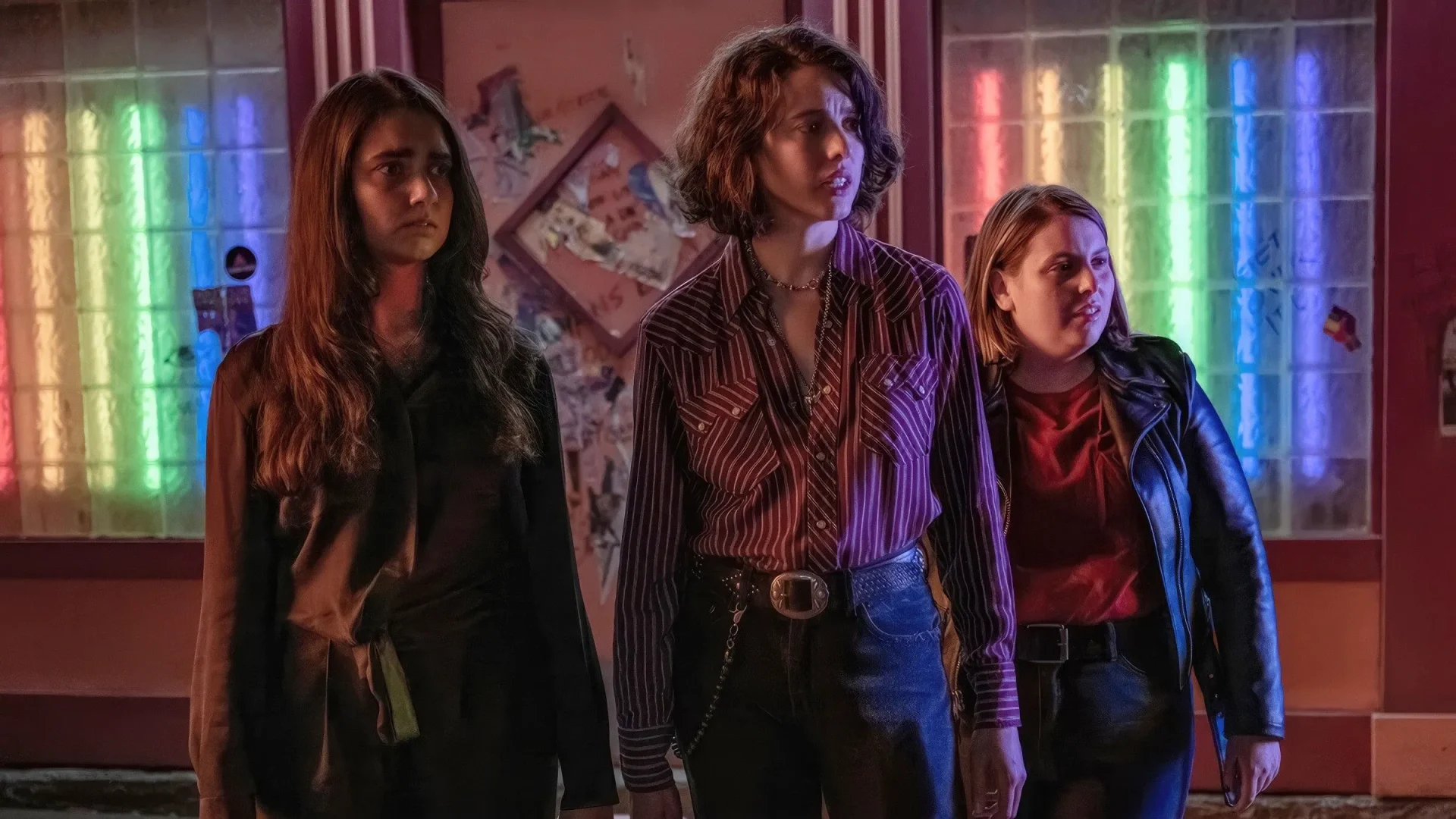
The bare bones constituting a classic Coen comedy are here, but Ethan seems somewhat directionless without his brother, picking out isolated mannerisms from their work and applying them haphazardly. Sometimes, a dart hits the bullseye, but for the most part, “Drive-Away Dolls” almost treats its brisk length as an excuse to pop in and out before any lasting impression can be made.
A good example is the film’s infrequent use of psychedelic imagery; a seasoned Coen-head (hell, even a novice) would find in these moments traces of “The Big Lebowski” and its tripping sequence. But while the brothers’ seminal (and perfect) 1998 comedy used its surreal and purposefully hokey dream sequence as the culmination of a hilarious pit-stop in the journey of a languid and lovable stoner, this film seems to introduce these moments entirely out of nowhere, and with little-to-nothing in the way of visual inventiveness besides, you know, flashing some bright blotches of color onto the screen. Moments such as a recurring memory from Marian are welcome in their lack of context, while others serve as mere checklist material to meet a vague “Coen-esque” image.
However, “Drive-Away Dolls” isn’t all flat disappointment, for the film’s eccentric cast fully embodies the film’s seeming “clock into work, goof off, and call it a day” philosophy to its overall benefit. The bevy of side characters make the most of their scant appearances, but Qualley and Viswanathan, as the two castmates sharing the most screen time, obviously embrace that fact through their full channeling of different eras of Coen comedy. Qualley seems fully invested in the “Raising Arizona” period of zany tomfoolery, whereas Viswanathan embodies the tempered straightman (as it were…) more comfortable in a film like “Burn After Reading.” From the body language to the accents, nothing in either of these performers can be described as “subtle,” but nor is that in any way what this assignment called for.
If “Drive-Away Dolls” hadn’t been released just after the announcement that Joel and Ethan would be ending their brief creative split with a new collaboration (this time a horror film!), then the latter’s first attempt at a solo career would read as a rather limp harbinger for things to come. If nothing else, “Drive-Away Dolls” encapsulates the same sort of free-spiritedness that its leading duo seeks, proving beyond doubt that this was little more than a silly, gleeful retread of some familiar territory.
Had the film been more inventive in its presentation beyond its unapologetic use of madcap scene transitions, then Ethan Coen’s time-killing experiment could have been one of those career detours we’d all hope to see in abundance down the line. As it stands, “Drive-Away Dolls” is a harmlessly diverting joyride that’ll get you where you’re going, so long as where you’re going is just 85 minutes down a bumpy road.


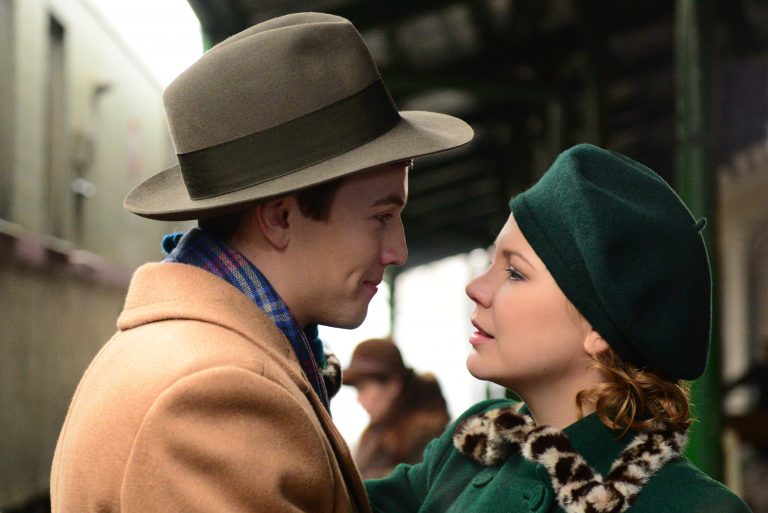
![Feels Good Man [2020] Review – An Entertaining Documentary on the Zaniness and Palpable Perils of the Internet Culture](https://79468c92.delivery.rocketcdn.me/wp-content/uploads/2021/02/Feels-Good-Man-2020-768x405.jpg)

